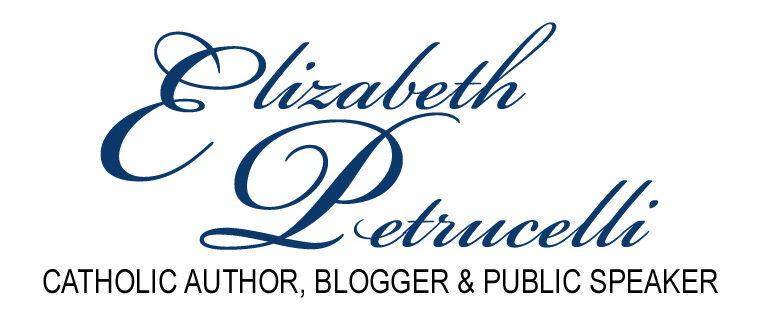 WARNING – Graphic details and may not be suitable for all audiences.
WARNING – Graphic details and may not be suitable for all audiences.
It takes a special person to be able to assist a family through their miscarriage or stillbirth. This isn’t something the average person can do because it’s so emotional and the family can react in many different ways. Without a full understanding of grief, the un-trained person can be taken by surprise and pass judgment on the family. I cannot train someone in all the aspects of supporting a family through miscarriage and stillbirth in this post.
I have over 50 hours of formal training in bereavement and hands-on experience assisting families through their grief and until I had this training, I believed that it didn’t matter if the person assisting the family had training so long as the family had support. Now that I am trained, I know this is not true. There is so much to know.
If you have no experience with death and the process the body goes through when decomposing, you may be shocked when a stillborn baby has a “nose bleed” or when the skin sloughs off. You may also not be prepared for the discoloration of their skin and nails.
Looking shocked and disgusted in front a family can add to their devastation as well as their own shock and disgust. This may impede healing by thinking they shouldn’t hold their baby when in fact, they should be encouraged to do so despite any decomposition that took place in the womb.
If you have no knowledge or education on hospital policies in regards to stillbirth or miscarriage, you may not be able to support the family properly in their choices. You may also negligently tell them they can do something that they cannot such as take their baby home to bury or tell them they cannot transport their baby to the funeral home themselves (these policies vary by hospital and county).
You may also not be aware that in many hospitals, families are encouraged to “room-in” with their baby, just like with a happy birth and these babies are kept cool to help slow decomposition. You may also not be aware of healing options such as bathing and dressing their baby and creating memories. There is so much more to creating memories than just having photographs or footprints available. If something isn’t offered or is forgotten, the family may be extremely hurt later on when they no longer have the opportunity to make a certain memory. These are just a few areas that many aren’t prepared for when supporting a family through stillbirth or miscarriage.
There is specific language that should be used so as not to hurt the family anymore than they are already hurting. It is also important for caregivers to understand that options should be offered several times and that information should be repeated since many families are in such a shock they aren’t hearing everything that is being said. Encouraging them in loving ways is important.
Women experiencing miscarriage are often discharged with no options. They may have left their doctors office or the ER with the news that their baby no longer has a heartbeat or they are experiencing a miscarriage and that’s it. They are rarely offered burial, cremation (although they may not receive any ashes depending on gestation of baby), a blessing for baby, naming the baby, holding their baby, and/or planning a memorial. Many leave confused wondering if their baby is worth grieving because medical staff refer to their baby as ” embryo, fetus, tissue, products of conception, or cells.”
There is so much information to know and even with training, we may not always do it right but that is no excuse not to receive training. The good thing is, there are several ways to receive training. You could attend a workshop with The Wishbone Foundation. They hold free workshops twice a year for medical personnel. Stillbirthday offers an eight week training course and certification many times each year. Stillbirthday also hosts mini-workshops with hands-on activities. Another organization where you can receive training is Loss Doulas International. This training may be available in the Denver Metro area soon.
I implore each and everyone one of you who has the love in their heart to assist families through the loss of their child to receive formal training. It is imperative. It is important, and most of all, it is a disservice to the family not to be educated on what they are going through and all of their options. You only get one chance to get it right. Get trained.
– Breaking the silence of First Trimester Miscarriage
Did you like this post? Click the links below to share it on Facebook! Or buy my book by clicking here! Don’t forget to subscribe to my blog by entering your email in the box to the right.

